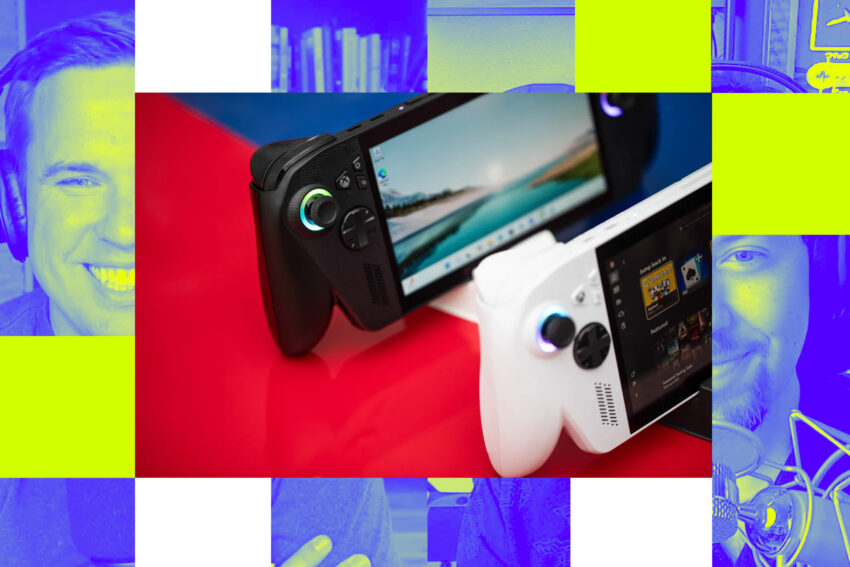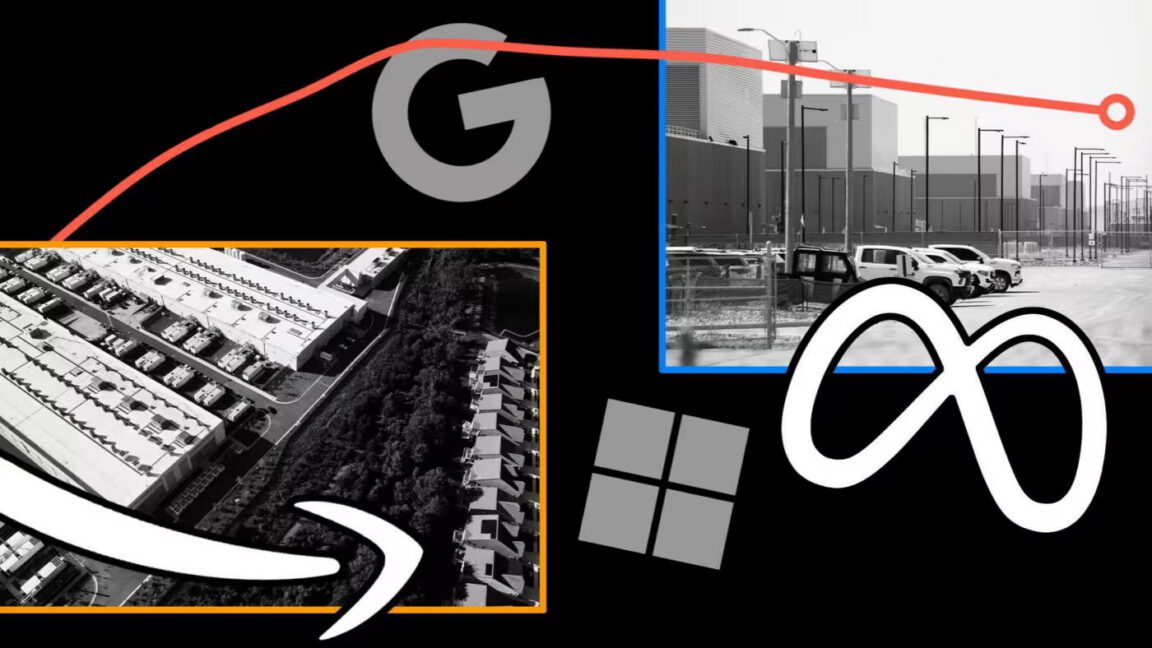
the new xbox is not an xbox Microsoft is redefining the concept of gaming consoles, suggesting that devices we already own could serve as Xboxes in the near future.
the new xbox is not an xbox
The Evolution of the Xbox Concept
Traditionally, the Xbox has been synonymous with dedicated gaming hardware. However, Microsoft is now proposing a paradigm shift where the Xbox brand extends beyond its conventional console. This evolution raises intriguing questions about the future of gaming and the role of hardware in a digital ecosystem.
Xbox Beyond the Console
In a recent episode of The Vergecast, Sean Hollister discussed his experiences with two new devices branded as Xboxes: the ROG Xbox Ally and Ally X. These devices exemplify Microsoft’s vision of a gaming ecosystem that transcends traditional boundaries. The idea is that your TV, computer, smartphone, and even your car’s infotainment system could function as an Xbox, enabling seamless gaming experiences across various platforms.
This approach aligns with the growing trend of cloud gaming and subscription services, where the hardware becomes less significant than the software and services offered. Microsoft’s Xbox Game Pass, for instance, allows players to access a vast library of games on multiple devices, further blurring the lines between dedicated gaming consoles and other devices.
Implications for the Gaming Industry
The implications of this shift are profound. If your TV or computer can serve as an Xbox, what does that mean for the future of dedicated gaming hardware? Will traditional consoles become obsolete, or will they evolve into more powerful hubs for gaming experiences? This question is particularly relevant as competition in the gaming industry intensifies, with companies like Sony and Nintendo also exploring new ways to engage consumers.
Consumer Reactions and Expectations
As with any significant change, consumer reactions are mixed. Some gamers welcome the idea of being able to play Xbox games on various devices, appreciating the flexibility and convenience it offers. Others, however, express skepticism about the performance and quality of gaming experiences on non-dedicated hardware.
Quality of Experience
One of the primary concerns among gamers is whether these alternative Xboxes can deliver the same quality of experience as traditional consoles. The performance of games on devices like smartphones or tablets can vary significantly, raising questions about graphics, loading times, and overall gameplay fluidity. Will these devices be able to handle the demands of modern gaming, or will they fall short?
Moreover, there is the question of game compatibility. Should an Xbox be able to play Xbox games? The answer seems straightforward, yet the reality is more complex. As Microsoft expands its ecosystem, ensuring that games are optimized for a wide range of devices becomes a critical challenge. Gamers want assurance that their favorite titles will perform well, regardless of the device they choose to use.
Stakeholder Perspectives
Industry stakeholders have begun to weigh in on this evolving landscape. Game developers, in particular, are keenly aware of the implications of a more fragmented gaming ecosystem. They must consider how to optimize their games for a variety of platforms, which could increase development costs and complexity.
Additionally, hardware manufacturers are also affected. Companies that produce dedicated gaming consoles may need to rethink their strategies in light of Microsoft’s vision. Will they continue to invest heavily in traditional consoles, or will they pivot towards more versatile devices that can serve multiple purposes?
The Role of Cloud Gaming
Cloud gaming is a significant factor in this discussion. Services like Xbox Cloud Gaming allow players to stream games directly to their devices, reducing the need for powerful hardware. This technology enables a broader range of devices to function as gaming platforms, aligning with Microsoft’s vision of an Xbox that is not confined to a single piece of hardware.
Challenges and Limitations
Despite the potential benefits of cloud gaming, challenges remain. Internet connectivity is a critical factor; not all players have access to high-speed internet, which can hinder their ability to enjoy cloud gaming. Additionally, latency issues can affect gameplay, particularly in fast-paced titles where split-second decisions are crucial.
Moreover, the reliance on cloud services raises concerns about data privacy and security. Gamers may be hesitant to fully embrace a model where their gaming experiences are heavily dependent on cloud infrastructure, especially if they fear potential outages or data breaches.
Looking Ahead: The Future of Xbox
As Microsoft continues to push the boundaries of what an Xbox can be, the future of gaming appears to be more interconnected and versatile than ever before. The idea that your TV, computer, or even your car could serve as an Xbox opens up exciting possibilities for gaming on the go.
Potential for Innovation
This shift also paves the way for innovation in game design and distribution. Developers may create games specifically tailored for a broader range of devices, leading to unique gaming experiences that leverage the capabilities of each platform. For instance, a game designed for a smartphone might incorporate touch controls and augmented reality features, while a title optimized for a high-end console could focus on stunning graphics and immersive gameplay.
Community and Social Interaction
Furthermore, the evolution of the Xbox brand could enhance community and social interaction among gamers. With the ability to play games across various devices, players can connect with friends and family regardless of the hardware they own. This inclusivity could foster a more vibrant gaming community, breaking down barriers that have traditionally existed between console and PC gamers.
Conclusion: A New Era for Gaming
In conclusion, Microsoft’s vision of an Xbox that transcends traditional hardware is both ambitious and thought-provoking. As the gaming industry continues to evolve, the lines between consoles, computers, and other devices are becoming increasingly blurred. While challenges remain, the potential for innovation and enhanced gaming experiences is undeniable. The future of gaming may not be confined to a single console, but rather a diverse ecosystem where players can enjoy their favorite titles on a variety of platforms.
Source: Original report
Was this helpful?
Last Modified: October 21, 2025 at 6:41 pm
2 views















